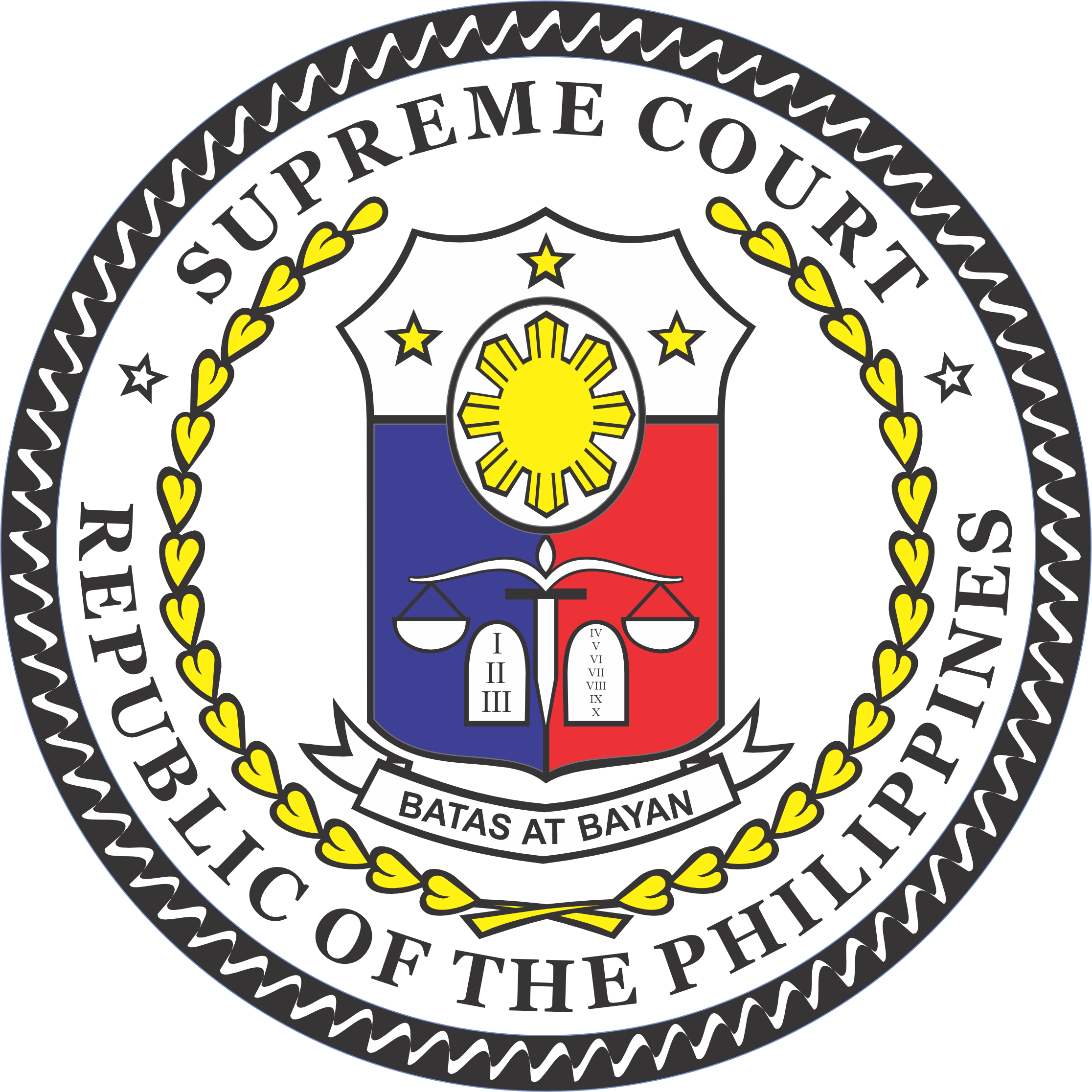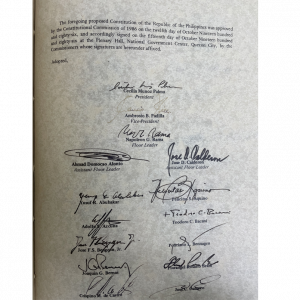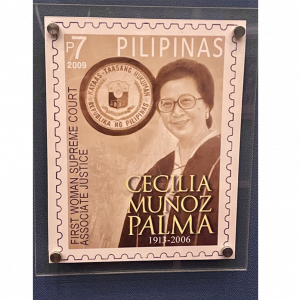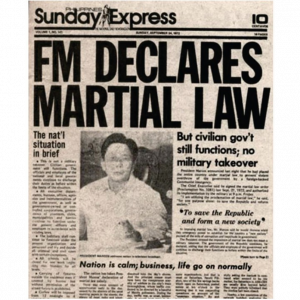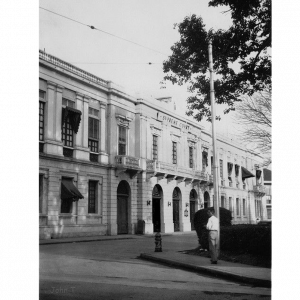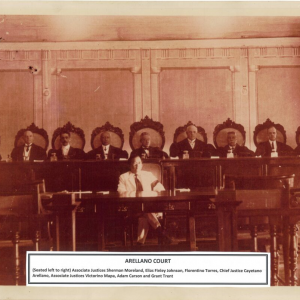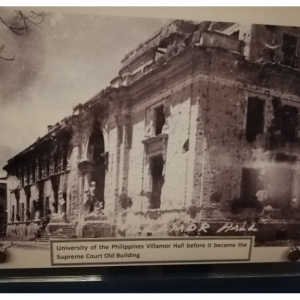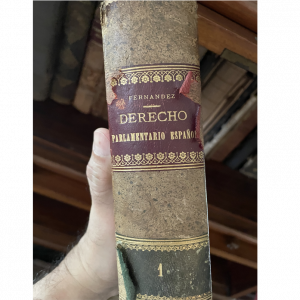SC to Use Artificial Intelligence to Improve Court Operations
March 04, 2022
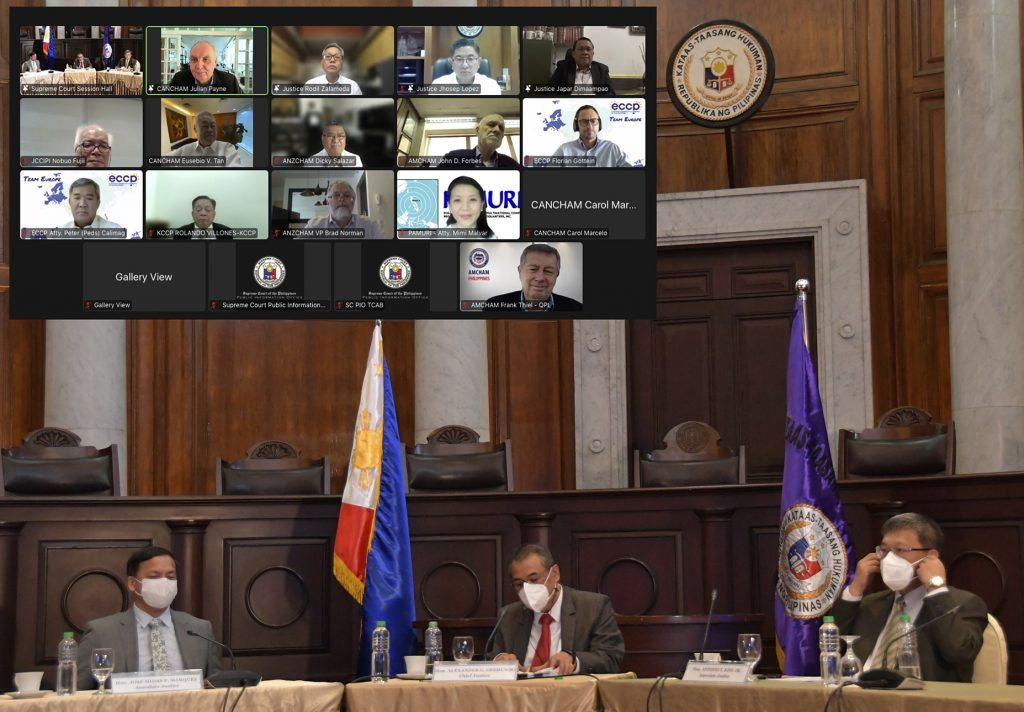
This was revealed by Chief Justice Alexander G. Gesmundo during a virtual meeting with the Joint Foreign Chambers of the Philippines (JFC) on Thursday, March 3, 2022.
“The Court aims to capitalize artificial intelligence (AI) to improve court operations, such as the use of technology in preparing transcripts of stenographic notes and in digitalizing judgments rendered,” said Chief Justice Gesmundo while giving an update on the plans the Supreme Court in unclogging court dockets and expediting the resolution of cases.
Apart from the proposed use of AI in modernizing the transcription process, the Chief Justice discussed the launch of the Case Decongestion Program in April last year; the issuance of a Resolution approving several amendments to the Internal Rules of the Supreme Court that are specifically meant to address the concerns of docket congestion; Justice Real Time: A Strategic Plan for Judiciary Innovations 2022-2026, a policy document which aims to describe and lay down the clear guiding principles, definite workplan and portfolio of projects, and reasonable target outcomes that will support the comprehensive and integrated reform initiatives in the Philippine Judiciary for the period of 2022 to 2026; the Revised Guidelines on Submission of Electronic Copies of Supreme Court-Bound Papers Pursuant to the Efficient Use of Paper Rule, which provides that a modern e-filing network will be utilized to allow Justices and selected court officials and personnel to securely access and view case records online, reduce the need of requesting for the physical rollo, and allow all concerned to work simultaneously and securely even under remote-work arrangements; the institutionalization of videoconferencing hearings for all courts nationwide; and the launch soon of the Judiciary e-Payment Solution arranged with Union Bank.
“As of 11 February 2022, there have been 778,206 videoconferencing hearings conducted with a success rate of 88.35%. There have been 112,760 persons deprived of liberty, 1,721 of which are children in conflict with the law, released using the modality of videoconferencing hearings,” shared the Chief Justice on the Court’s use of technology.
In addressing the integrity of the judicial system and allegations in corruption practices, Chief Justice Gesmundo discussed the creation of the Judicial Integrity Board and the Corruption Prevention and Investigation Office, and the revision of Rule 140 of the Rules of Court.
Chief Justice Gesmundo expressed the gratitude of the Supreme Court to the different development partners for their assistance towards the accomplishment of the projects involving judicial reform.
The Chief Justice was joined by Associate Justices Jose Midas P. Marquez and Antonio T. Kho, Jr. in the Supreme Court Session Hall; while Associate Justices Rodil V. Zalameda, Jhosep Y. Lopez, and Japar B. Dimaampao joined via Zoom. The JFC was represented by Mr. Frank Thiel and Mr. John Forbes from the American Chamber of Commerce of the Philippines, Inc.; Mr. Bradley Norman and Atty. Roderick Salazar from the Australian-New Zealand Chamber of Commerce (Philippines), Inc.; Mr. Julian Payne and Atty. Eusebio Tan from the Canadian Chamber of Commerce of the Philippines, Inc.; Mr. Florian Gottein and Atty. Peter Calimag from the European Chamber of Commerce of the Philippines, Inc.; Mr. Nobuo Fujii from the Japanese Chamber of Commerce & Industry of the Philippines, Inc.; Atty. Rolando Villones from the Korean Chamber of Commerce of the Philippines, Inc.; and Atty. Mimi Lopez-Malvar from the Philippine Association of Multinational Companies Regional Headquarters, Inc.. (Courtesy of the SC Public Information Office)
